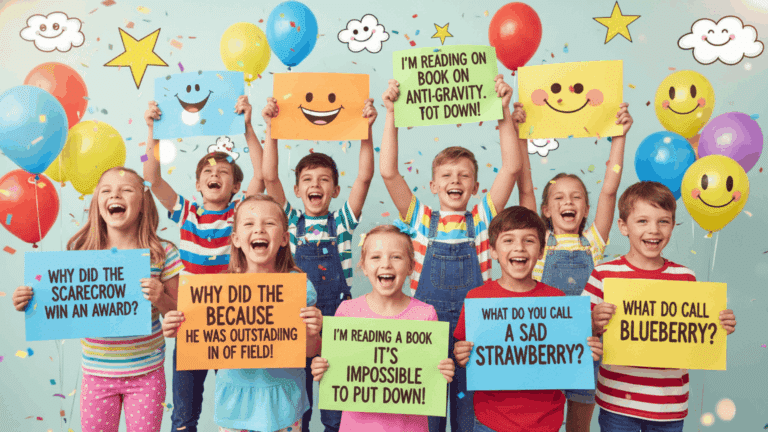Ever wondered if you’re spelling “unique” correctly? You’re not alone. This seemingly simple word trips up more people than you’d think, and honestly, it’s not hard to see why.
The pronunciation doesn’t always match what your brain expects when you see those letters lined up.
But here’s the thing, once you get the hang of it, “unique” becomes one of those words you’ll never second-guess again.
This post breaks down everything about this tricky word – from pronunciation tips to real examples that make sense.
What Does “Unique” Mean?
The word “unique” means one of a kind, unlike anything else. When something is described as unique, it stands out because it has no equal or exact match.
In everyday language, we use “unique” to highlight qualities, features, or characteristics that are rare or special. For example, a unique idea is one that nobody else has thought of before.
The word comes from the Latin “unicus,” meaning “only one.” In summary, calling something unique is a way to emphasize its individuality and distinctiveness, making it memorable and noteworthy in any context.
How to Spell Unique
The correct spelling of the word is “unique”, spelled U-N-I-Q-U-E. This word is often considered tricky because its pronunciation does not always match its spelling, which can lead to common mistakes such as “uniqe” or “uniq.”
“Unique” is pronounced /juːˈniːk/ and is divided into two syllables: “u-nique.” Remembering the “que” ending, similar to words like “antique” and “technique,” can help you spell it correctly.
Unique” is included in lists of difficult English words to spell, so it’s helpful to practice and pay attention to its correct form when writing. Using the correct spelling is important for clear communication and professionalism in writing. Double-check your spelling to ensure your message stands out as truly unique!
Unique Pronunciation:
Examples of Unique in Sentences
The word “unique” is often used to describe something that is one of a kind or stands out from the rest. It can be used in various contexts to highlight individuality or special qualities. Here are some examples of “unique” in sentences:
Declarative Sentences
Example 1: The artist created a unique painting yesterday.
- Subject: The artist
- Noun: artist, painting
- Verb: created
- Adjective: unique
- Predicate: created a unique painting yesterday
Example 2: Her voice sounds unique during the evening concert.
- Subject: Her voice
- Noun: voice, concert
- Verb: sounds
- Adjective: unique
- Predicate: sounds unique during the evening concert
Interrogative Sentences
- Example 1: Does every fingerprint have a unique pattern always?
- Subject: Every fingerprint
- Noun: fingerprint, pattern
- Verb: have
- Adjective: unique
- Predicate: have a unique pattern always
Example 2: Can you recognize a unique design easily?
- Subject: you
- Noun: design
- Verb: recognize
- Adjective: unique
- Predicate: recognize a unique design easily
Imperative Sentences
- Example 1: Please create a unique logo for us.
- Subject: (you, implied)
- Noun: logo
- Verb: create
- Adjective: unique
- Predicate: create a unique logo for us
Example 2: Show me your unique talent right now.
- Subject: (you, implied)
- Noun: talent
- Verb: show
- Adjective: unique
- Predicate: show me your unique talent right now
Exclamatory Sentences
- Example 1: What a unique moment this truly is!
- Subject: this
- Noun: moment
- Verb: is
- Adjective: unique
- Predicate: is truly unique
Example 2: How unique her style looks on stage!
- Subject: her style
- Noun: style, stage
- Verb: looks
- Adjective: unique
- Predicate: looks unique on stage
Other Commonly Misspelled Words
Many words in English are frequently misspelled, just like “unique.” Spelling mistakes can happen due to silent letters, double letters, or confusing pronunciation. Learning the correct forms helps improve your writing and communication skills.
Here are other commonly misspelled words, with the wrong spelling listed first, followed by the correct spelling:
- accomodate – accommodate
- definately – definitely
- seperate – separate
- recieve – receive
- occassion – occasion
- embarass – embarrass
- goverment – government
- recomend – recommend
- arguement – argument
- wierd – weird
- independant – independent
- adress – address
- calender – calendar
- beleive – believe
- enviroment – environment
- occured – occurred
- priviledge – privilege
- untill – until
- tommorow – tomorrow
- neccessary – necessary
- perserverance – perseverance
Wrapping It Up
Mastering “unique” isn’t rocket science, but it does make a difference in how others perceive your writing.
Don’t overthink it, though. Language is meant to be used, not feared. The more you practice with “unique” in your daily writing, the more natural it becomes. Now you’ve got the tools to use “unique” confidently.
Go ahead and make your writing uniquely yours.
















